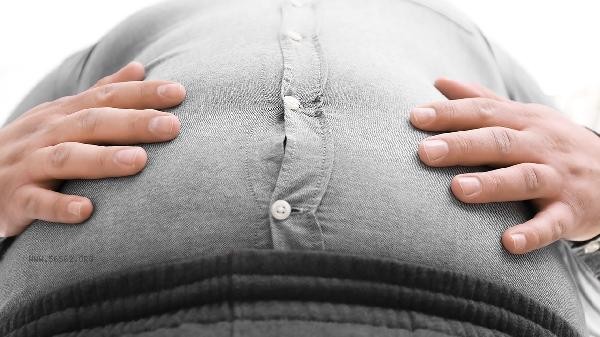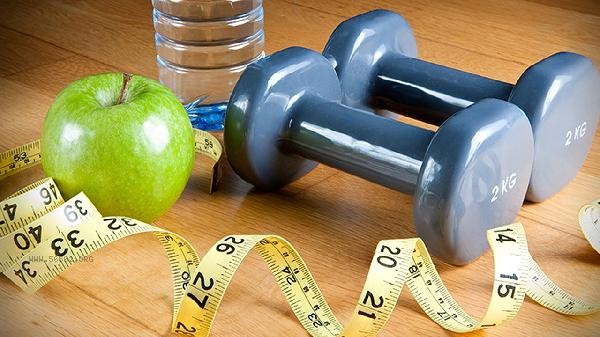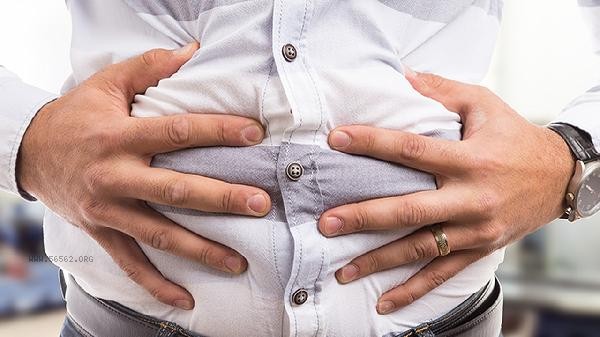Short term weight gain after drinking water during weight loss is a normal phenomenon, mainly related to water retention, sodium balance, and metabolic regulation. Weight fluctuations are not fat gain, and usually recover on their own within 24-48 hours. When the human body suddenly increases its water intake, the kidneys need time to adapt to the new hydration state. Water is temporarily stored in muscles and subcutaneous tissue, leading to an increase in weight scale readings. A high sodium diet can exacerbate this phenomenon, as salt promotes the body to retain more water to maintain osmotic balance. Premenstrual hormone changes in women are also prone to physiological water and sodium retention, at which time the measurement of body weight may have a large deviation.

In rare cases, it is necessary to be alert to pathological edema. hypothyroidism can lead to myxoedema, accompanied by symptoms such as fatigue and fear of cold. Abnormal renal function may cause depressed edema in the eyelids and lower limbs, which is often accompanied by urinary abnormalities. People with heart failure may experience paroxysmal nocturnal dyspnea accompanied by sudden weight gain, which requires medical intervention.

Maintain a regular daily intake of 2000-3000 milliliters of water and avoid consuming large amounts at once. Choose low sodium foods such as broccoli chicken breast, and supplement with potassium rich bananas and spinach in moderation. It is more accurate to measure weight after emptying the bladder on an empty stomach in the morning. It is recommended to measure once a week at a fixed time. Timely supplementation of electrolyte water after exercise can help maintain fluid balance. If the unexplained weight gain exceeds 2 kilograms for more than three days, it is recommended to seek medical attention from the endocrinology department to investigate metabolic diseases.










Comments (0)
Leave a Comment
No comments yet
Be the first to share your thoughts!